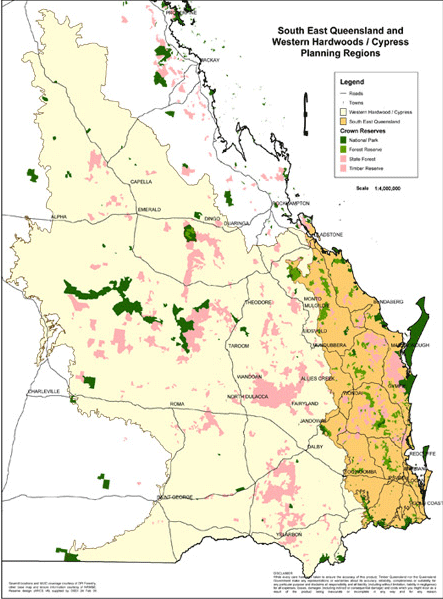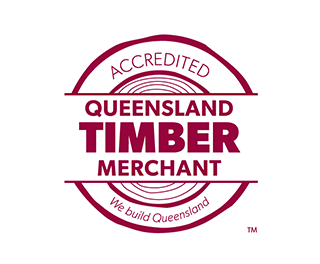 |
Find out more about Blackbutt
The botanical name for Blackbutt is Eucalyptus pilularis, but derives it's common name, Blackbutt, from its darkened appearance after bushfires. Grown in Southern Queensland, beginning at Maryborough down to New South Wales, Blackbutt is a fast growing plantation timber. It is a durable hardwood species.
|
 |
What does Blackbutt look like?
Blackbutt is golden yellow to pale brown in appearance, and occassionally will display a slightly pinkish tone. The grain of Blackbutt timber is interlocked and straight, with small gum veins sometimes visible.
|
 |
What is Blackbutt used for?
Common applications for Blackbutt include:
- Structural applications and framework
- Above ground framing
- External applications (poles and roof trusses)
- Decking
- Cladding
- Internal flooring
- Panelling
- Plywood
- Joinery
|
 |
Where can I purchase Blackbutt?
Blackbutt is readily available at all Queensland Timber Merchant Network members. Search for your local supplier via the Accredited Queensland Timber Merchant postcode search tool.
|
| |
Where can I find more information about the use and application of Blackbutt?
For more detailed information than the Blackbutt property table below, visit WoodSolutions or download 'Construction timbers in Queensland' which describes the properties of timbers used in the construction of Class 1 to Class 10 buildings (e.g. houses, carports, garages, greenhouses and sheds) in Queensland, as well as other purposes such as furniture, landscaping and outdoor structures (e.g. playgrounds, fences).
|
 |
What are the properties of Blackbutt?
|
Termite resistance
|
Not termite resistant
|
|
Shrinkage
This is the measure of the percentage reduction from the unseasoned to 12% moisture content condition.
|
7.3%
|
|
Density
Mass divided by volume, expressed in kg/m3 when describing timber
|
High Density
|
|
Toughness
|
Medium Toughness
|
|
Bushfire resistance
|
Bushfire resistant
|
|
Strength
The strength of Australian timber is described in terms of "stress grades". Stress Grading is a way of classifying timber, either visually or by mechanical means to indicate the basic properties to be used for structural design purposes. The stress grade is designated in a form such as "F17", which indicates the relative bending capacity of timber.
|
F14 – F27
|
|